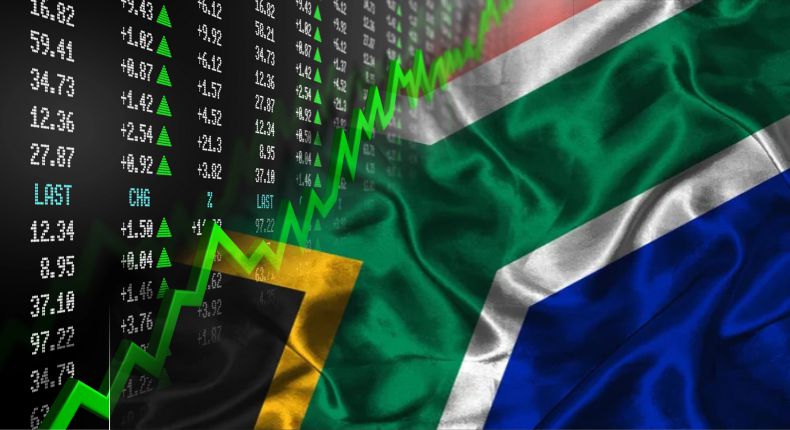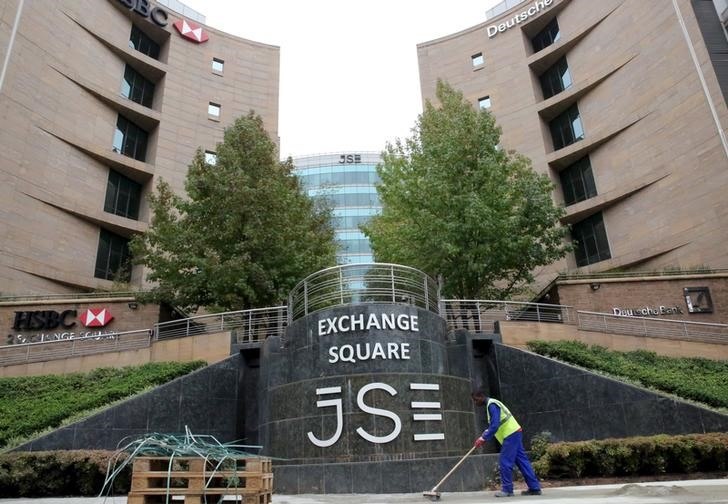
South Africa, Africa’s largest economy, is currently experiencing its most prolonged streak of foreign equity outflows in five years, with investors withdrawing a substantial $3.7 billion from the local stock market since October 2024, a data released by the Institute of International Finance (IIF) showed.
- South Africa is experiencing significant foreign equity outflows, with $3.7 billion withdrawn since October 2024.
- Economic stagnation and declining per capita income are contributing to foreign investor hesitancy.
- Emerging markets like Brazil, Turkey, and Taiwan are attracting more inflows, contrasting South Africa’s volatile foreign investment trends.
A Reuters report noted that the recent withdrawal, amounting to nearly double the $1.9 billion in outflows recorded from 2023 to early 2024, underscores increasing investor hesitation towards stocks listed on the Johannesburg Stock Exchange (JSE), despite its status as one of the world’s top-performing markets this year.
According to Bank of America, South African equities have delivered a 29% return in dollar terms year-to-date, ranking among the global top five performers, behind only Greece, Spain, Germany, and Italy. However, this strong performance has not translated into sustained foreign interest.
Graham Tucker, portfolio manager at Old Mutual Investment Group, observed: “Investors are looking to diversify outside the U.S., but that doesn’t automatically make South Africa a top destination.”
He added that South Africa’s stock market appears cheap, but this pricing reflects over a decade of economic stagnation and declining per capita income, which underlies the cautious investor sentiment.
Emerging market shift excludes SA
Meanwhile, the broader emerging market landscape is witnessing a resurgence in certain relative stock markets.

According to IIF data, countries such as Brazil, Turkey, Taiwan, and South Korea are attracting increasing capital inflows as fund managers diversify away from US assets.
In contrast, South Africa risks being left behind in this trend. Although the JSE has seen higher trading volumes in recent weeks, foreign investment remains volatile.
Exchange data shows that in the previous week, non-South African investors bought stocks worth over 30 billion rand (approximately $1.6 billion), reportedly the highest in years, but sold about 24.7 billion rand ($1.3 billion) during the same period.
With just a few weeks into the second half of 2025, non-resident investors have been net sellers of $5.9 billion in equities, nearly $1 billion more than during the same period in 2024.
Tucker further commented on the situation, noting: “Foreign investors tend to behave like tourists. They’ll come for a trade, especially in gold stocks when the commodity is booming, but they won’t stay without long-term policy certainty.”
While the South African stock market continues to record gains, the country’s economy remains fragile, as evidenced by stagnant GDP growth in the first quarter of 2025, largely due to six consecutive months of contraction in the mining and manufacturing sectors.
Economists, such as Isaac Matshego, attribute the capital flight to broader concerns about South Africa’s economic fundamentals.
“The increase in offshore trading volumes speaks more to global uncertainty than improved domestic confidence,” he noted.
Olamilekan Okebiorun












